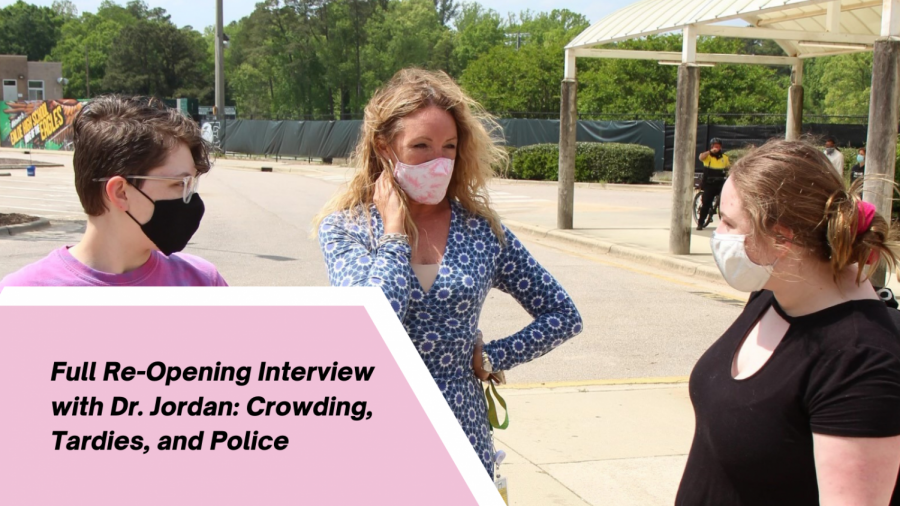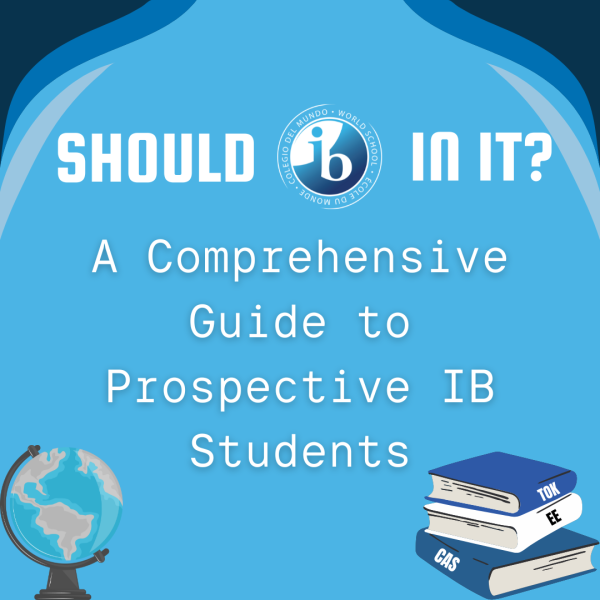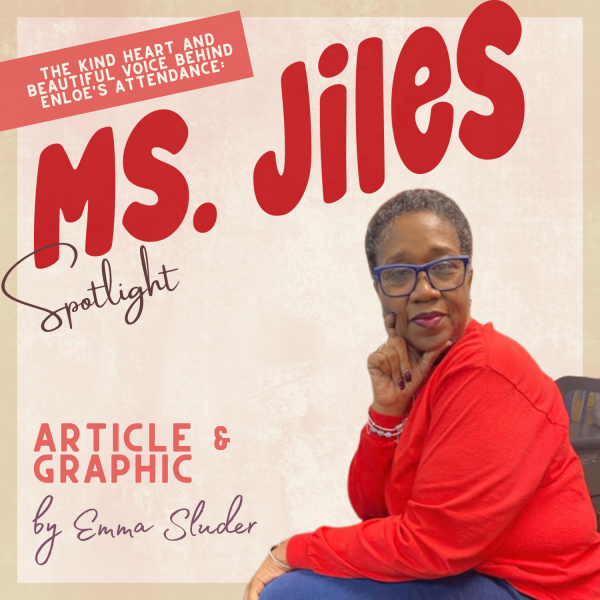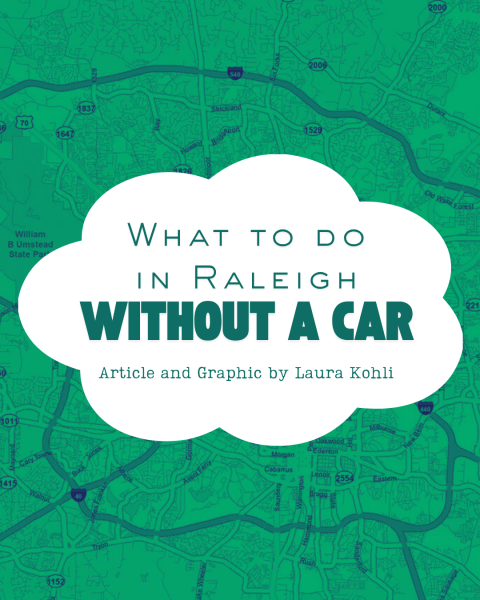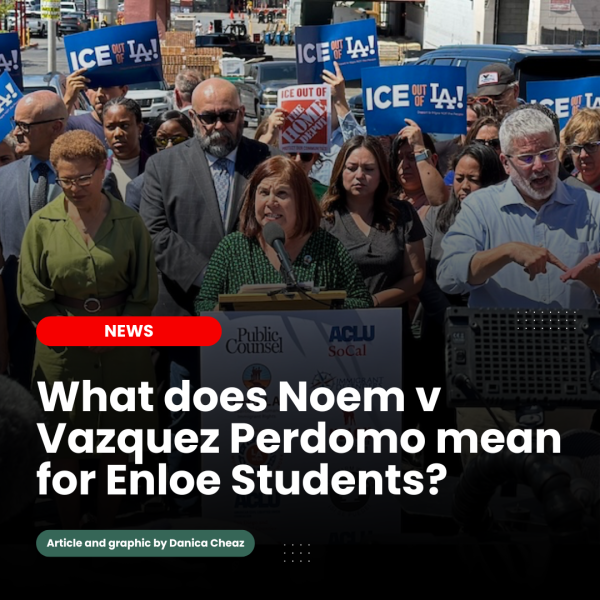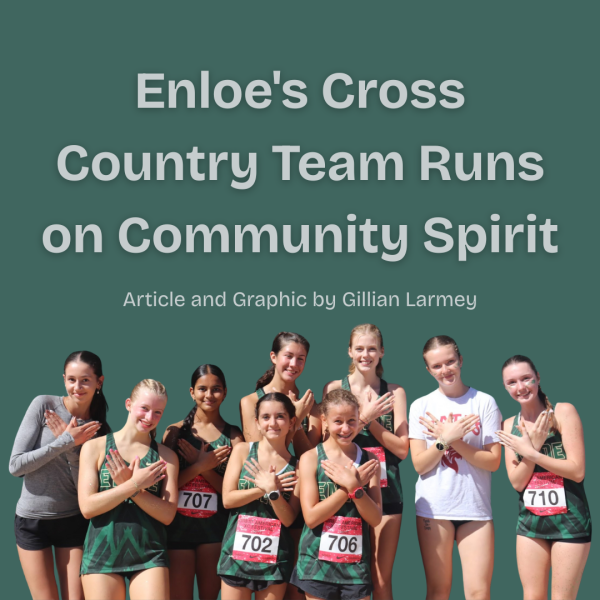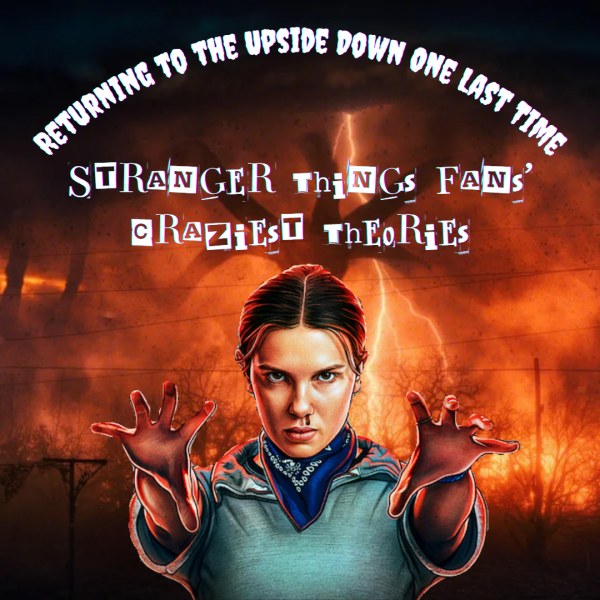Enloe’s Full Reopening Q&A with Dr. Jordan: Crowding, Tardies, and Police
Special thanks to Jonah Yinger and Malinn Welch for joining and helping the interview!
In an almost 90 minute interview on Monday, September 13th, Dr. Jordan and assistant principal (AP) Mrs. Parrish tell all about their first month of Enloe’s full reopening. Addressing student concerns such as (but not limited to): atrium overcrowding, campus safety, Tardy Sweeps, and dress code, the Eagle’s Eye has compiled the highlights.
First High School Principalship
CW: What are the main lessons you learned from all those years being a teacher [and principal]?
Dr. Jordan (JJ): Probably just the importance of relationships with students and families. And to maybe put time and energy into that, because it makes your work more efficient, more meaningful.
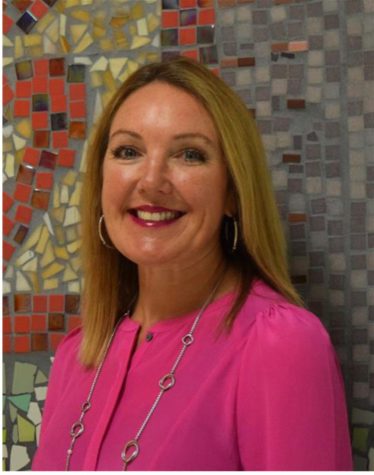
CW: Do you think since Enloe’s such a large school, that’s harder to do?
JJ: 100%. That was a big question that I had before I came here. I had conversations with [past Enloe administrators] about coming to Enloe. They were saying, “You’re perfect for Enloe. I just can’t think of anybody else.” That was my question to them, how do you do the relationship thing? [At] Moore Square, you’re calling everyone by name, you know their parents. So yeah, it’s gonna be a challenge for sure.
CW: What about Enloe struck you to be different from other schools?
JJ: In the spring, it was hard to tell because there were so few students here, so it wasn’t as dramatic. The difference now, I would say, it’s the volume, trying to make connections. Trying to be responsive, to be helpful to everybody when they need help quickly. And it’s a unique year because there’s different needs [than] in a normal year– I don’t even know how to say “normal.” I don’t even know that we can say “normal year” anymore. But there’s a lot of things happening right now as a result of COVID that are unusual circumstances. [Like] trying to figure out how to get everybody the most possible seat choices at lunch, trying to deal with a carpool that has a larger volume of ridership because of the shortage of bus drivers, trying to get classes filled and covered every morning because there’s no substitutes, and there’s vacancies and there’s a teacher shortage. And so there’s all these different layers that are in play right now, that are challenges unique to this moment in time. So I don’t know [if] that’s necessarily because it’s Enloe, per se, or if it’s just this moment in time.
That being said, there’s so much about Enloe that feels familiar to me, and not different. Part of it is because of students that I’ve had all along the way, and so I’m still with them. So that feels very familiar, the fact that it’s a magnet school. So the vibe and the energy and the pace and the talent, and the joy, all of that feels really familiar to me. And it’s my first time being with high schoolers, which I absolutely love because I don’t have children of my own. Now I’m getting a chance to get to know this age group, which is a real gift for me.
Student Voice
CW: The big thing that makes Enloe different, in my opinion, is the diversity and mission for student voice and equity. Do you have any missions that uphold this value as well?
JJ: The students who have reached out and have connected with me have had a pre-existing relationship with me. Either from the spring or students who have been with me at other schools. However, I’m starting to have students connect. I got a letter from a student on Friday, other students requested meetings. So I’m very pleased that students are feeling comfortable to approach and ask for some time to connect.
Out of some of those connections, we’re heading into some different activities, [one] is a town hall*. So the town hall is a student suggestion, a strategy that the students [thought] would be positive, because their sense was, that’s a lot of change. New principal, four new assistant principals, coming back to school after being at home a long time. And then all of a sudden, you have all these adults telling you to get to class on time and pull your mask up, and they don’t even know the person’s name that’s barking orders at them. And I was a high school student, I remember what that feels like, even if you do know the person’s name, it doesn’t feel good to be told, “Hey, do this.” So their sense was hosting this town hall… I think Damarion [King] put it– it’s your chance to ask all your burning questions.
*The town hall occurred before this article was published, on September 17th, 2021.
Crowding
Seating at Lunch
CW: For the student body, a big concern is more seating at lunch, which you’ve mentioned before. [Do] you have any policies planning to fix that problem?
JJ: We do have more tables coming. The difficulty for us is finding space and supervision for more tables. One of our PTA [board members is looking] at bistro tables that we can put out and take away. But if you put it into an area you already have, then you’re increasing the density of people, which is not pro-COVID. And then the other big question is: what do we do when the weather gets cold?
Atrium Crowding
CW: One student mentioned really liking last year’s Plan B staggered 10 minute transitions. Would you consider implementing this now?
JJ: So last year [with] Plan B, there were only 500 students here. Let’s say I’m teaching C&C. Depending upon which class you’re going to, I, as the teacher, have to know, “Okay, I can let [him] go now. I can let [her] go now.” It’s one thing when it’s three to five kids, but when it’s 30… it’s a lot to keep track of. I’m not saying that we won’t do it. We’ve really been making our focus to encourage students to keep moving and not stop. I get it. The atrium, I mean, the place to visit.
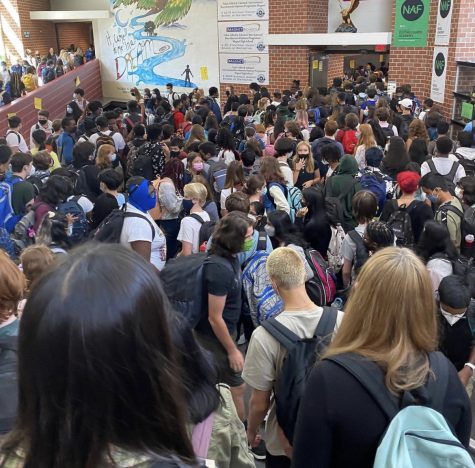
Assistant Principal Mrs. Parrish: … Now, of course, that first week we started, ninth graders were lost. They didn’t know where they were going.
JJ: They didn’t know they could go outside! Starting last week, it has thinned out a lot. We’ve also been letting kids go two minutes early from the cafeteria to spread it out, the courtyards go in a little bit early. But it has been a huge difference compared to the first week. I was a little overwhelmed, myself, but it has thinned out a lot.
[..The atrium is] where the most people are! When you’ve been cooped up, and now all of a sudden you’re back in person. That’s what I’ve heard a lot from students too, is that we just want to be together. It’s certainly not something that we don’t understand, but that’s part of the idea behind being firm about being in class when it’s time to be in class and not being out circulating, visiting with your friends.
To answer your question more directly, nothing is off the table, ever, for us. That’s one thing to know about our leadership style and modeling for students. [We] don’t ever want to be rigid and fixed, if there’s a better way to do something. Our job is to support you all, to keep you safe and to make Enloe a positive experience for you and the teachers. So if it’s not working for you or the teachers, it’s not something we’re gonna hold tightly to. Because at the end of the day, we want you to be happy and successful. We want the teachers to be happy and successful. And if what we’re doing [isn’t] leading to that desired outcome, then we want to change.
Campus Safety
Guns Found on Campus
CW: Great that you mentioned safety. Regarding the specific incident of the two guns found on campus, [do] you have any words of reassurance you would like to say, to the students and people reading this, that their safety is the number one priority after what happened?
JJ: [S]afety for students is always the number one priority. Before that, after that, and beyond– emotional safety and physical safety. What I find reassuring [in] that particular incident [is that] someone reported that. That says to me that students understand their own power in situations like that. That would be what I would underscore and highlight in bold and exclamation point, is that if you see something or you hear something that doesn’t feel right, find a way to let someone know. The person [found with guns] did not come and report to me. So I get it. Not everybody’s gonna feel like coming and talking to me. But what I have seen at Enloe is that some teachers have very close relationships with students. So my hope is that every student has at least one staff member they would feel comfortable talking to if they saw or heard something that felt unsafe to them.
Relationship with RPD
JJ: Beyond that, in that particular event, what I found reassuring for myself was that I had access to a lot of Raleigh Police Department officers, and WCPSS security personnel. The top of the tops. [The] head of all of the SRO’s for Wake County was here on site that day with several law enforcement officers as well as our SRO. Also the head of Wake County security, and several of the lead Wake County security investigators. The area superintendent and Wake County employees at the chief level were texting me as well. So, if I was a student at Enloe, I might have a lot of confidence in Dr. Jordan, but I’m not sure I want Dr. Jordan to just be using her own knowledge and expertise. What I found reassuring, and what I hope you guys find reassuring, is that I had access to all of that in terms of advising me on what to do. And I’m still in communication with all of those people on a daily basis about safety at Enloe. It’s not something that doesn’t weigh heavy on my mind.
I have asked for [security measures] such as an assessment of the school. But I also want them to assess the operations of the school. They can look at [the school] from a security and safety perspective. And they’ll either say, “You guys are as safe as you can possibly be.” Which would be a wonderful feeling, right? Or they could say, “This right here, this could actually be done in a way that could be more safe for students.” So I’m very eager to see what they come up with. Because at the end of the day, I want to know I’ve done everything. Mrs. Parrish, Mr. Brick, all of us want to know that we’ve done everything we can do to keep students safe.
SRO’s and Over Policing at Enloe
CW: There are some student concerns about over policing, specifically students of color and marginalized people, that feel they’re racially profiled/ targeted. Do you have any words for the situation about SROs, [and would] you give them more training to be more racially sensitive?
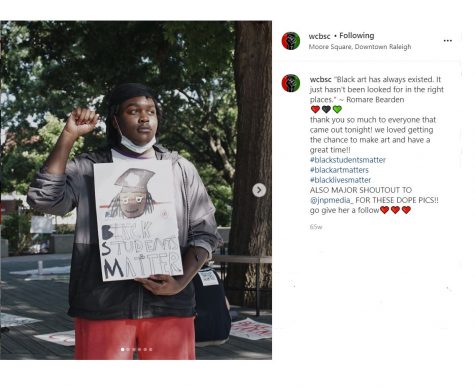
JJ: Enloe doesn’t make policies about SROs. But this summer, after over a year of negotiations and intense work, WCPSS and the Raleigh [and different municipalities’] police departments [wrote] a Memorandum of Understanding. I would encourage you guys [to read it] if this is an issue that’s on the minds of students. Because there was a lot of work done by Enloe students through the Black Student Coalition. Essentially, an SRO should never be intervening unless there is a direct threat to student safety. So things like tardies, smoking ,vaping– you’re never going to see an SRO interact with that. Now, if there’s a student being aggressive towards other students or adults, there’s an imminent danger. At that point, an SRO could intervene. If there’s an issue where there’s a weapon, [even] if there wasn’t an SRO, we would call 911. Now if a student is doing drugs on campus, and an AP or principal discovers it, we may have them step in at that point, because at that point it’s a violation of law.
Tardy Policy
CW: What inspired you to initiate this policy?
JJ: So what I heard upon arriving at Enloe is this problem of there being just as many kids in the hallways during class as there are when classes are changing. I get it, it’s 2500 kids. You don’t know every student’s name. The campus is laid out like a maze, it totally reminds me of Pac-Man. So, I was having a conversation with Mrs. Davis, who used to be a student here. And I [asked], ‘How was it with tardies when you were here?’ She was like, ‘We used to do tardy sweeps.’ Turns out tardy sweeps are something that a lot of high schools do, most high schools do. So the goal for tardy sweeps is to get kids into the practice of getting to class on time, to eliminate these huge clusters of students in the hallway. In which, our perception is that it’s already better.
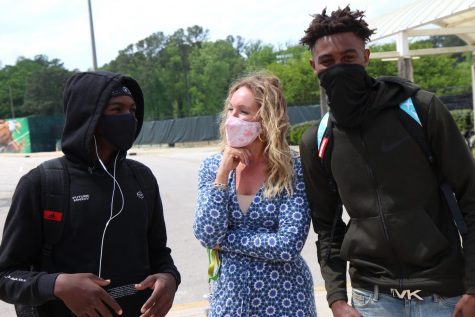
[After sweeps] what’s left is only a handful of students, instead of 100. We can start to identify who those students are, and work to provide intervention for those students. We don’t want to have 100 kids every day in ISS. We don’t have the resources to staff that. We know that wouldn’t be a quality experience, that wouldn’t impact students in a positive way. Our goal is to get the bulk of our students into the rhythm being on time so that we can provide intervention and support for the students who are purposefully avoiding going to class, seeking other things to do around campus when they should be in class.
School to Prison Pipeline & Law Enforcement
JJ: If a student is not in class, they [might be] at the BP station. The manager of the BP calls the police department, says Enloe kids are hanging out here again. RPD comes up and trespasses them. That’s the connection with law enforcement. If students are in their classrooms, we’re eliminating that. We want them in their classes. If you’re coming to school, you should be in class. Being on time is going to be something that you’re going to have to deal with your whole entire life. It’s hard for me to get here on time.
But with that being said, if the data was to come back that this was not reasonable, and hundreds of students were being suspended for tardies; of course, we’re not going to just turn a blind eye to that. But the time of the transition has been the same. [In] 2012, there were 2800 students at Enloe. So there’s been a time when there have been more students, same transition, same policy. So I’d hope folks will give it a chance and see how it goes.
Sweeps’ Counterintuitive Punishment
CW:[The] main concern between some students was– First, that the punishment of ISS is counterintuitive, in which the student is missing more class time as a punishment for missing class time. Some feel this policy is hurting the students that are tardy for reasons out of their control, like traffic or they don’t have a ride.
JJ: Right. So like this morning, when we heard that there was a wreck, we said, “We’re not going to be giving tardies this morning.” Our goal is not to punish students and hurt them. Our goal is to help them cultivate a positive behavior, a behavior that is going to be required for them their whole life.
As far as the ISS piece, the teacher in ISS, Mrs. Jones, [has] access to all of the Google Classrooms for all teachers. If somehow you’ve managed to get your 6th tardy in the quarter, you can still complete your assignments, you can still have access to your work. And you’re actually in an environment where you have a smaller student [to] teacher ratio, so you actually get more help and support than you would if in your regular class.
If there are students that appear to be on the struggle bus 100% with being on time, Mrs. Jones can also talk with them about that, about possible solutions to that problem. If they don’t have transportation, they can access resources . She can help them access a counselor [for resources.] We want to be solution oriented, we don’t want to see kids go to ISS for the rest of the year. If data shows that the same students are going to ISS over and over again, and nothing is changing, we wouldn’t continue without looking at, “Okay, we need to change, because obviously, this intervention is not working.” And it really is an intervention.
Tank Top Protest & Dress Code
(Note: This excerpt of the interview was regarding the video posted on @ kiyadapimp_ ‘s then public account depicting her confronted by Mrs. Parrish for her clothing. See the linked article to read more about the protest and Mrs. Parrish’s description of the video.)
JJ: We have not addressed dress code. [You’ve] been in your homeroom classes, looking at the school expectations. It hasn’t been addressed. We don’t talk to kids about clothes, unless it’s an issue, like this particular issue. I stand on bus duty every morning, I see tons of kids coming in with lots of different things. I just don’t address it, because it’s not our top priority right now.
‘Hypocrisy’ and misinformation online
JJ: It’s discouraging to hear people talk about being disrespected, body shaming and [calling people] racist. These are some very intense criticisms that are not true. All of that was grounded in a mistruth, [..and] frankly, hypocritical, because at the core, we’re talking about respect, right? We’re talking about decency towards your fellow man. I don’t mean to be speaking for Mrs. Parrish– But I think they were attacking all of us. I’m speaking for myself… when you are being accused of targeting certain students, because of their body size, race, you can’t have it both ways. You can’t put yourself on a platform that’s about respect, and then turn around and just go crazy slamming someone with insults. That’s hypocritical.
And I love the advocacy. I want to promote that, to nurture that in Enloe students. But I want to point out when people are being very hypocritical and the words and language within those comments in that post were anything but respectful.
Realizations After Tank Top Protest
CW:[A]fter the protest, did that possibly change your mind? Not necessarily about the dress code, but listening to more of student concerns– Did that make you realize anything?
JJ: [..As] the students I met with last week pointed out to me, that student has a lifetime of experiences that I can’t understand. Our experiences lead all of us to react and respond in a moment. We also have to recognize that there are things that have happened to our students prior to their time with us. And we can’t always just assume that they’re going to trust us, and they’re going to feel safe with us, especially since we’re all new. So we got to put the time and the energy into building relationships. So that was the takeaway for me in terms of you asking, did it change anything? It raised my awareness that right now, we’re just anonymous faces to some students.
Jonah Yinger: Half faces.
JJ: Right! In a position of authority, right? And even though we feel like we’re going to take care of kids, and we would never hurt kids, we don’t know how they feel. So hopefully, we can make them all get to know us and feel safe with us. But time will tell, right? Talk is cheap. So it’s our actions in the months and the weeks and the years ahead, that will show [the students who we are] .
To view the full 90 minute interview transcript, click here.
Your donation will support the student journalists of Enloe Magnet High School, allowing us to cover our annual website costs. We are extremely grateful for any contribution, big or small!
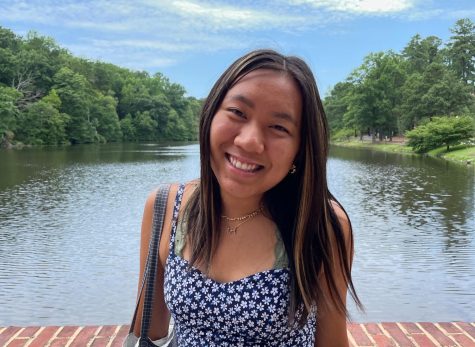
Charlene's pass-times include: evaluating her Google Calendar color scheme, baking Tres Leches, and parking badly. Ask her, "How was your day?" and she'll...


